thriller
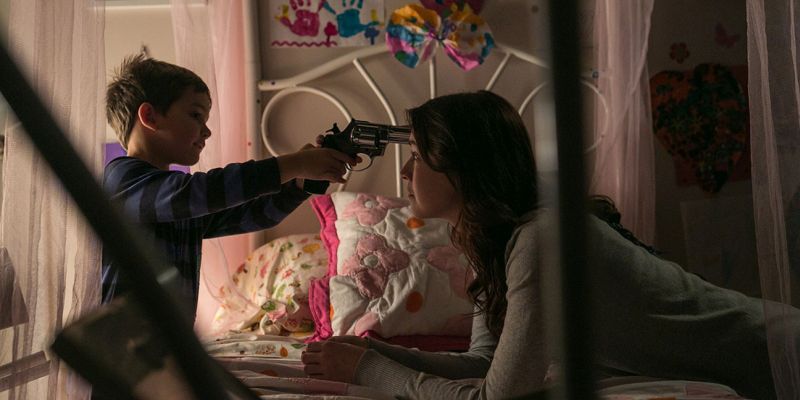
Michael Thelin’s directorial feature debut is perhaps most effective in its earliest stages. When we are first introduced to a sleepy suburban neighbourhood, it is already clear that something is amiss. When we witness the kidnapping of a young woman on her way to babysit, we begin to get some idea of what is in store.
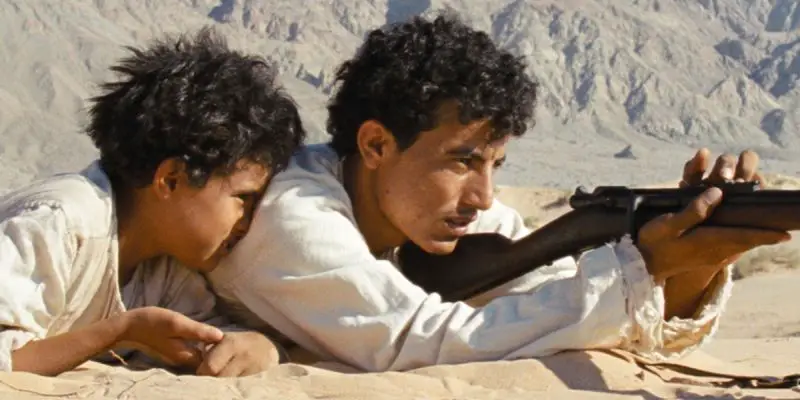
Theeb is an excellent film from this past year, and I’m afraid the precious few people will make it out to see it due to the lack of distribution. Had it not been nominated for the Best Foreign Language Film Oscar this year, I probably would have never come across this little gem. Theeb is set in 1916 toward the end of the Ottoman Empire, in a province known as Hijaz (around Saudi Arabia and Medina) where two brothers, who hail from a family nomads, escort a British soldier with a mysterious wooden box to the Ottomon railway.
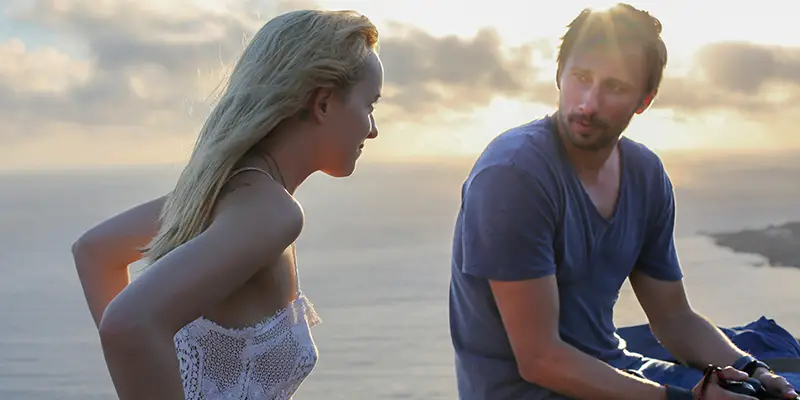
A remake of the 1969 Italian-French film La Piscine and partly inspired by David Hockney’s ‘Swimming Pool’ painting, A Bigger Splash is the fourth feature film from Luca Guadagnino, and has already made significant waves with critics and audiences alike (sorry for the absolutely appropriate pun). Starring Tilda Swinton as rockstar Marianne recovering from throat surgery, and Matthias Schoenaerts as her ever-loving albeit boring boyfriend Paul, the two of them aim to escape life to an idyllic Italian island in the middle of the Mediterranean. No phones, no work, no interruptions.
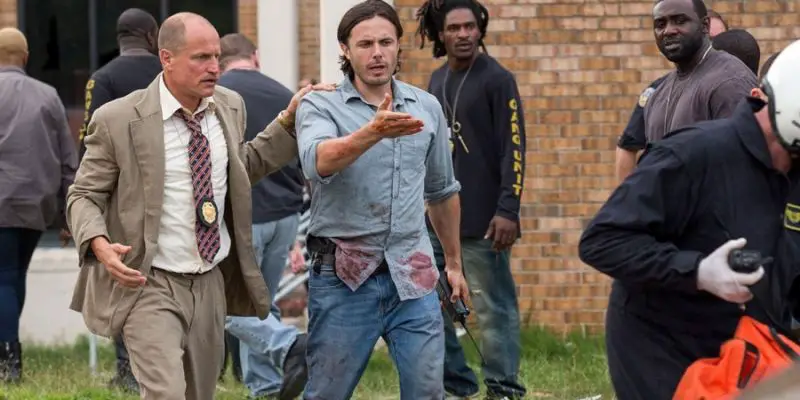
Even though he hails from a nation renowned for its take on exploitation cinema, director John Hillcoat has repeatedly proven himself to be far more interested with the archetypes of American genre films. His international breakthrough feature, 2006’s The Proposition, was the perfect marriage of the sensibilities of Ozploitation and the most hard-boiled Westerns; for a country with no major cinema heritage, it suggested Hillcoat was a director who could put his nation firmly on the world cinema map. Instead of continuing this distinctive subversion of genre with his subsequent films, Hillcoat has become increasingly formulaic.
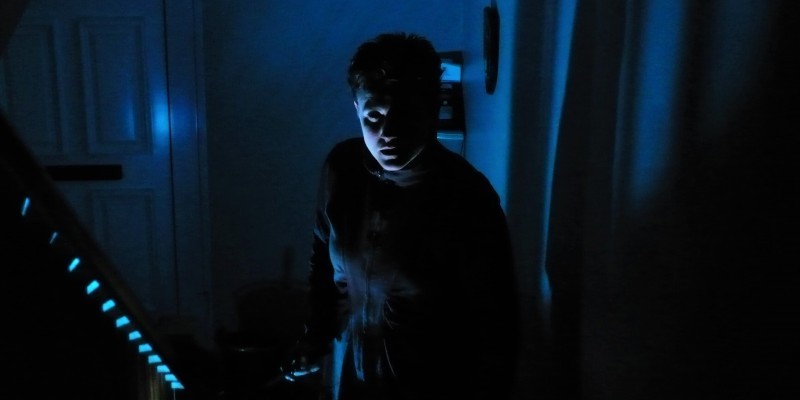
Sometimes watching a movie can feel like a duty. Maybe that’s because I take movies too seriously sometimes (okay, maybe all the time). But explaining why a movie fails is fraught with questions about my own expectations of a movie as they relate to the quagmire of unknowns about the creators’ intentions, let alone the practical budgetary constraints and other contingent aspects of an independent or studio production.
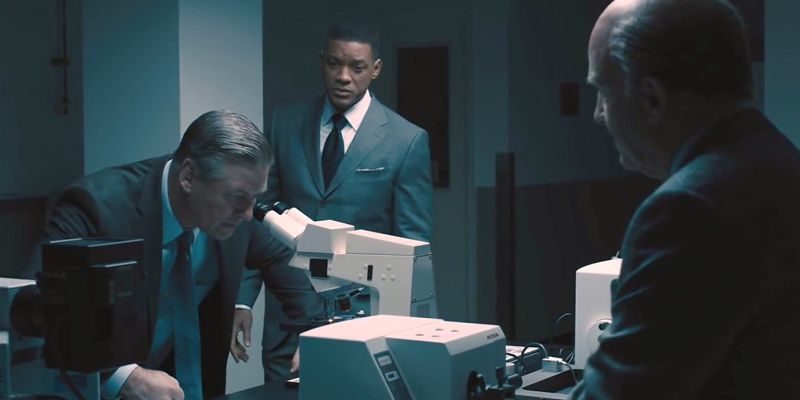
Concussion does to the sports film what I was sincerely hoping it would avoid: it dramatizes its subject in such an unbelievable way that it becomes nothing more than mindless propaganda. Dealing with the true subject of brain injuries within retired NFL players, the film simply floats from one cliché to the next, which left me feeling almost dazed after it had finished.

Frank Sinatra, whose 100th birthday would have been this December, was one of the great entertainers of the 20th century. He had an exceptional voice that made him perhaps the most influential vocalist in history, but Sinatra doesn’t sing a note in his best movie, the Cold War thriller The Manchurian Candidate (1962). This deft political drama, which wouldn’t have been made without Sinatra’s intervention, uncannily predicts many of the tumultuous events of the 1960s and beyond.
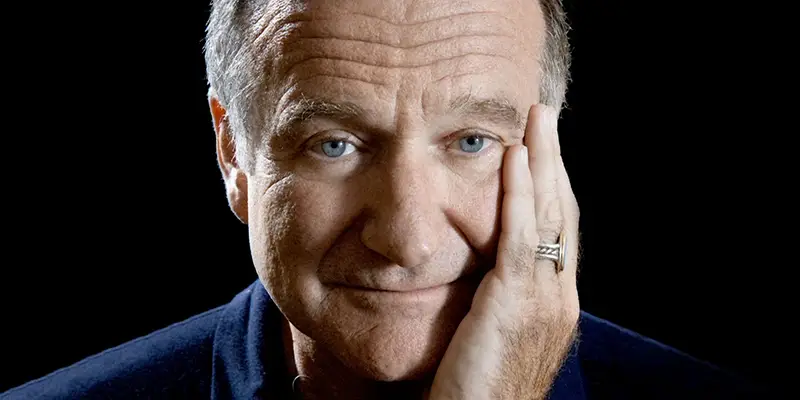
If there is any Hollywood star that could be named among the most influential among both adults and children, it would be Robin Williams. As an actor who went from a stand-up comedian in the 1980s to arguably the most beloved star in the film industry, Williams maintained his memorable and popular status among viewers by his diverse performances and his particular choice of films. Sadly, Williams passed away in August 2014 following complications of depression that are still being investigated today.
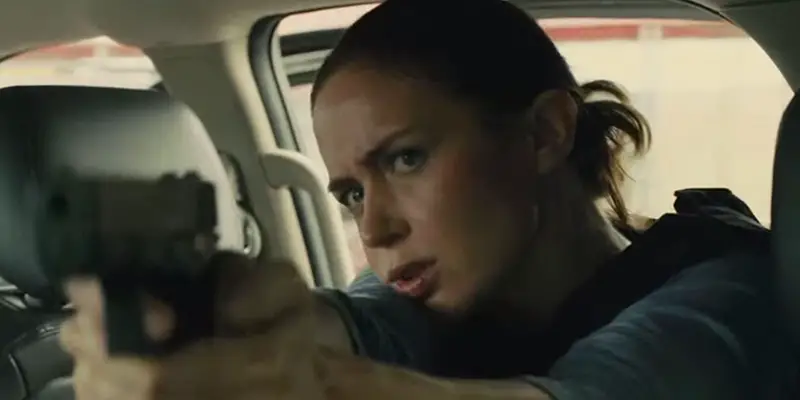
“Your American ears won’t understand, your eyes will see things that make no sense, but in the end you’ll understand,” DOD Operative Alejandro (Benico Del Toro) Brazen sunlight beats down on the terrain, voiding any visible shadows. Homes and domiciles of the Phoenix desert fill and occupy the frame, and the camera remains momentarily stationary. But then, in an instant, the machinery that captures and reproduces light stirs and begins to pan from right to left across the suburban community; as human beings, FBI agents in full riot gear with guns pointed, to be precise, enter into the picture.
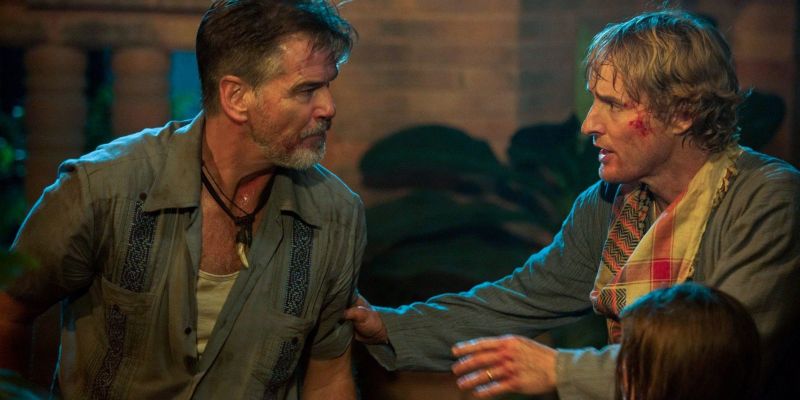
The first I heard of No Escape was in a radio interview with Lake Bell. I’d been a fan of hers for a while, and being still in awe of her performance in Man Up, I was enthralled by her explanation of why she had taken on an action film. She talked of how it was important to her to gain new experiences so she could learn more about herself and her craft.
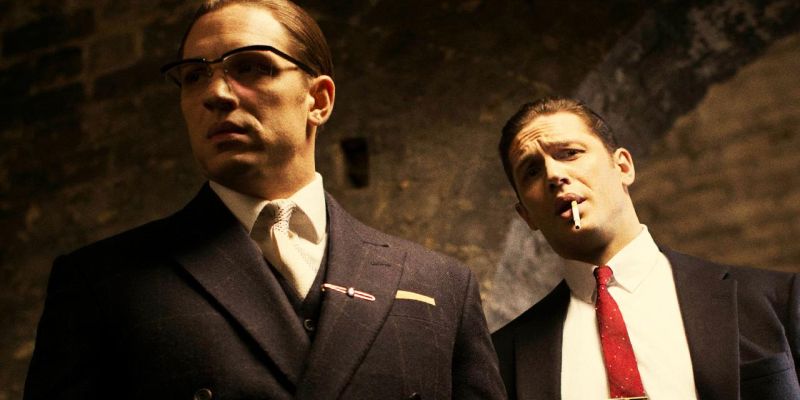
From the minute of its inception I had high hopes for Legend. An earlier attempt at a biopic of the infamous Kray twins has largely been forgotten, starring as it did the brothers from Spandau Ballet. But this one, starring Tom Hardy as both Ronnie and Reggie, with a plethora of great British actors in supporting roles, looked promising.
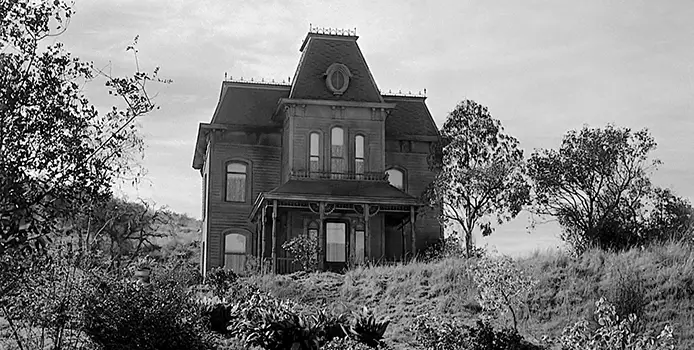
In 1960, Alfred Hitchc*ck saw the future. The British director had been a force in cinema since silent films, but the 1950’s were by far his most successful decade at the movies. He churned out blockbuster after blockbuster, all filmed in gorgeous color with top Hollywood stars like James Stewart, Cary Grant, and Grace Kelly.
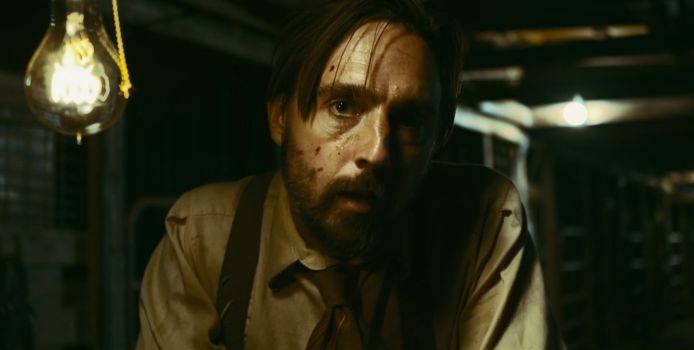
“A Cajun devil hunter goes to the crossroads and meets the devil’s attorney”. The compelling summary of Chasseur had me hooked before I even started watching, let alone the mesmerising central performance from the film’s writer and director, Christopher Soren Kelly. An unconventional structure, perhaps, but a successful one.



